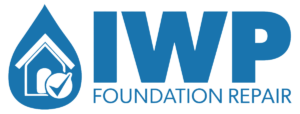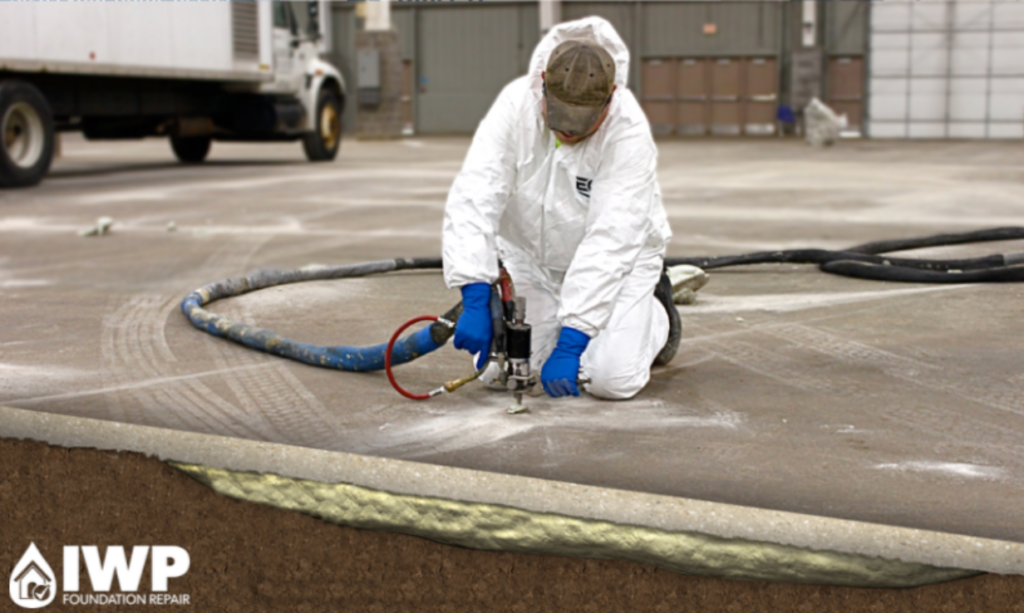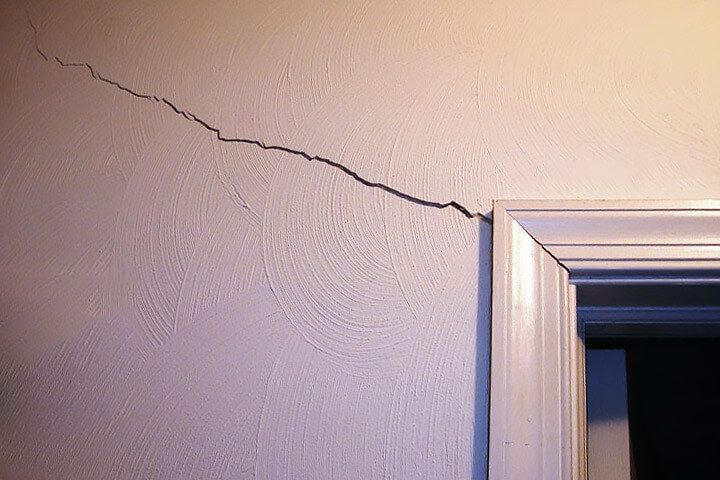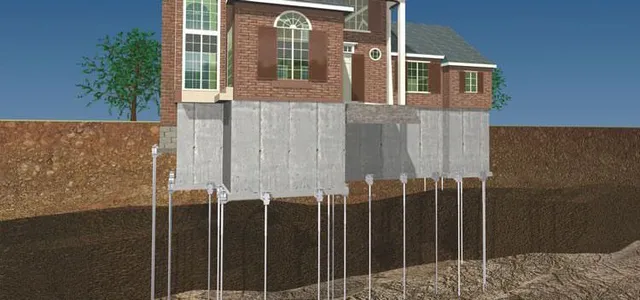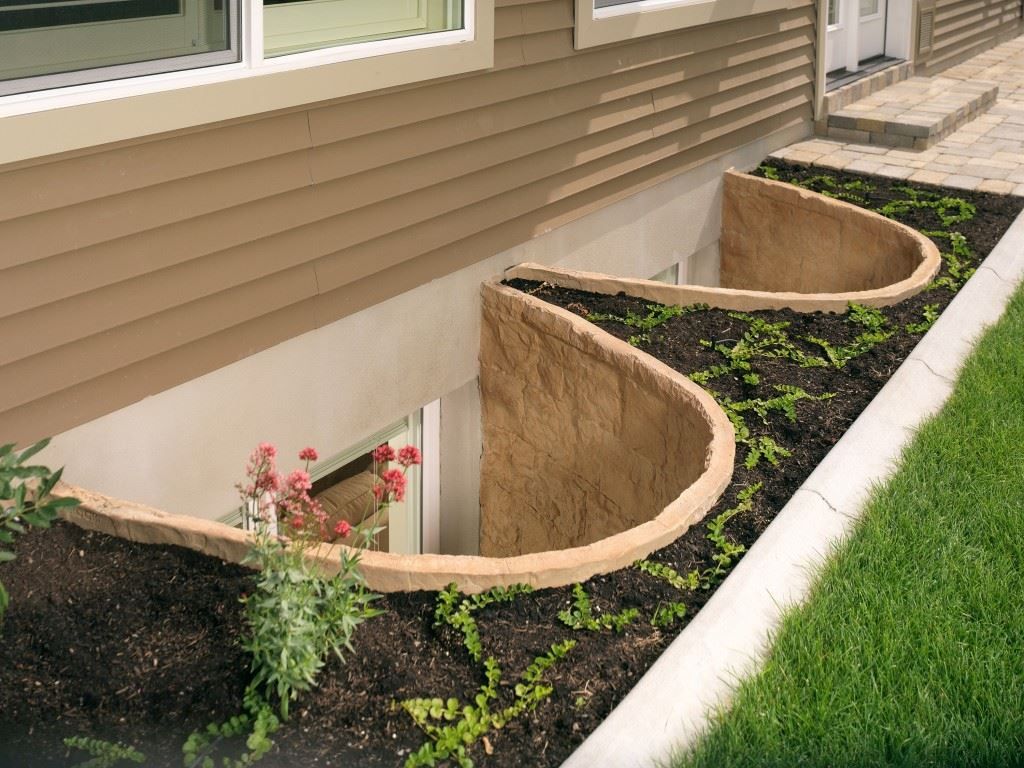Your Foundation is settling
It’s a problem that has happened to many and yet it’s still widely debated from coast to coast. With major settlement, piers are generally installed on a foundation to fix and stabilize the situation. But with minor settlement, the situation can be fixed easier when permanently raising and leveling sunken concrete. With anything, there are numerous ways of fixing the problem but namely we focus on polyurethane foam and mudjacking. Here’s where the debate starts to come in and why IWP uses Poly injection over mudjacking.
Polyurethane Injection (Concrete Leveling)
At IWP Foundation Repair, we use PolyPier, an expanding, high density foam that is engineered to permanently raise and level sunken concrete in many different applications.
The PolyPier system provides a new state-of-the-art solution to a very old problem: sinking or settling concrete. Virtually every type of concrete flatwork (slabs, sidewalks, driveways, runways, patios, porches, and more) will be susceptible to sinking if the supporting soil is loose, weak or prone to compression. Concrete will also sink when support soil is washed away. PolyPier is the product of choice for concrete lifting, leveling, void filling and undersealing floor slabs, roads, highways, and making repairs to bridge approaches and departures. These systems are available in various high-density formulations, compression and tensile strength values, and flow variations.
Mud Jacking
Similar to Poly Injection, the concrete repair process starts with drilling a few small holes in the settled concrete slabs. Next a cement slurry is pumped through the holes whereas with Polyurethane it is an expandable foam injected. The cement slurry fills voids or empty areas in the soil, lifting the slab back to its original level position.
Often when asked, what does a cement slurry consist of, the answer you get back will be long and rambling. The quick answer is mud (hence the name “mud jacking”) a mixture of concrete and topsoil or silt. It’s an archaic way of relying on underlying soils which are impacted by the same elements that lead to cracking and sinking, further not guaranteeing the work.
APPEARANCE
Both methods use injection by way of drilling holes into the concrete slabs. With polyurethane, holes can be up to an inch smaller than the mud jacking holes, with fewer needed as well. With fewer holes and less equipment needed on the installer’s side, the job site is cleaner and takes up less space. You don’t have to sacrifice your rose garden for a level porch! Looking at mud jacking on the other hand, since the holes are larger, it is enough for weeds to grow through them as well as water being able to get in, leading to shifting slabs and further damage and settlement.
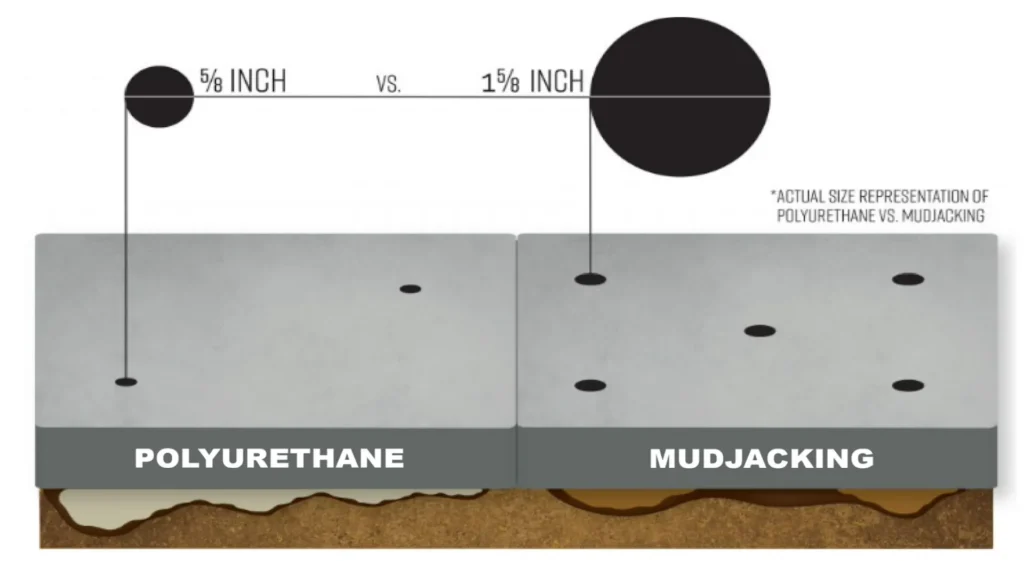
VALUE
When considering both sides, you need to consider the price of the longevity you are paying for. While mudjacking can be cheaper and easier to control, it uses heavier equipment and requires cleanup. A lower initial cost doesn’t always mean a better value. Polyurethane injections last longer than mudjacking jobs. You won’t have to repair the concrete again as often, increasing the longevity of your price tag.
Still not convinced? Here are some other benefits to raising your concrete with Polyurethane Foam:
- Quick Time Frame
- Clean Work Environment
- Small Holes and Lightweight
- Hydrophobic (Poly foam won’t wear away compared to mudjacking)
Concrete repair can be a DIY project, but hiring a professional will give you the best, most long-lasting results. With IWP Foundation Repair on your side, you can expect quick, inexpensive solutions to an ever changing problem. After all, soil expands and contracts like a rubber band with the weather inclinations.
CONTACT IWP FOR YOUR FREE INSPECTION
Don’t wait until your settling foundation becomes a bigger problem. One of our experienced professionals can assess your situation and help you determine what issues need to be fixed and what solutions would be best. Contact us today for a free consultation.
